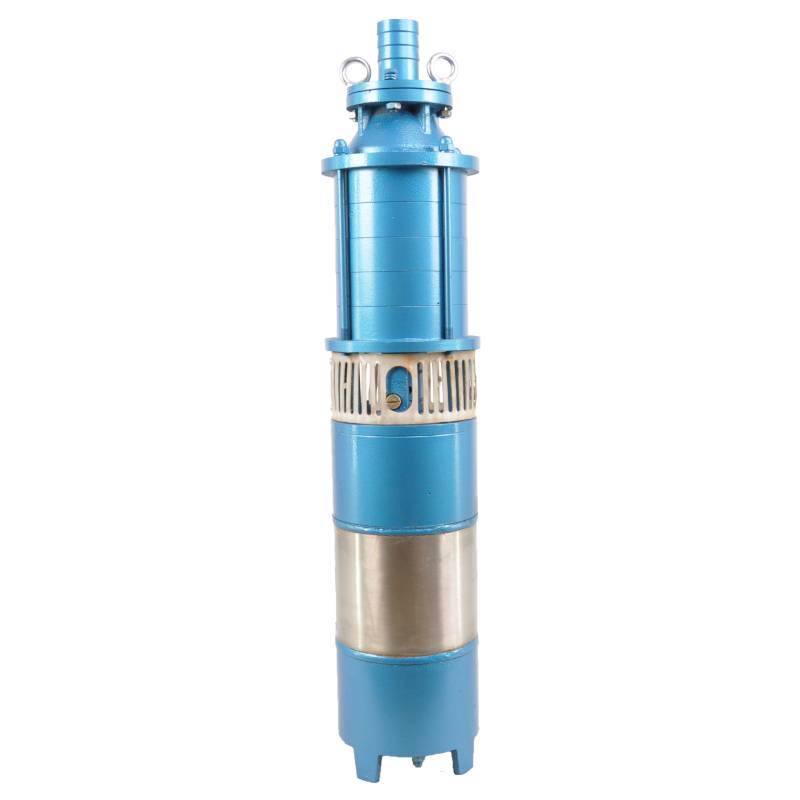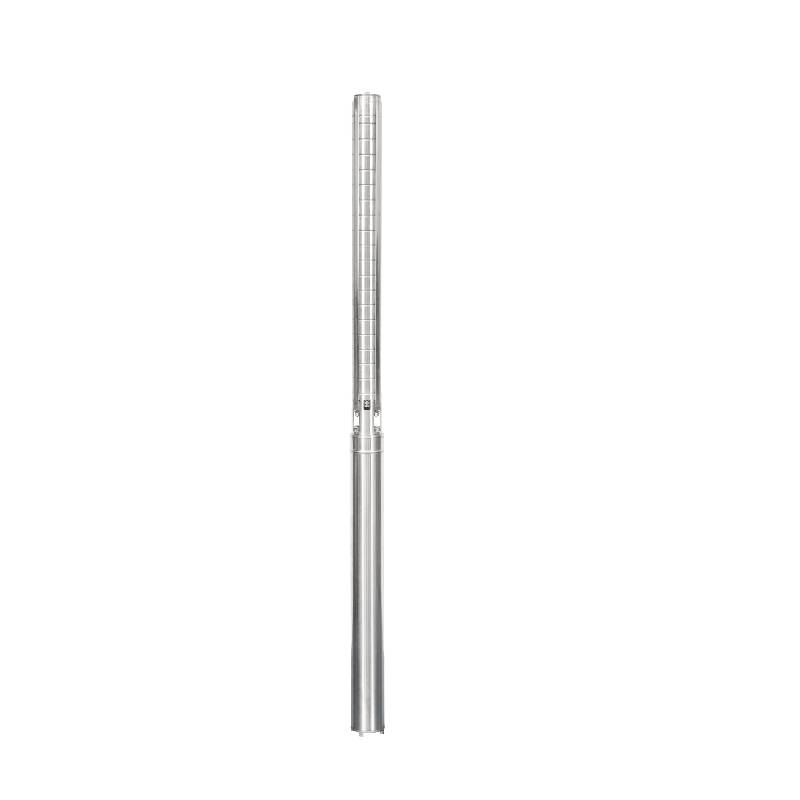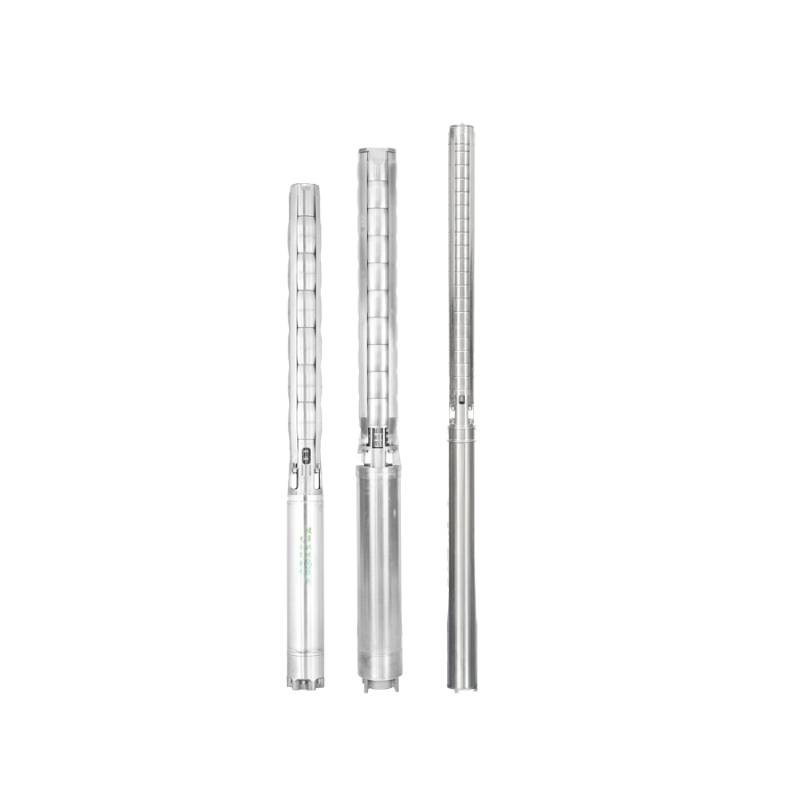дек. . 23, 2024 17:59 Back to list
Submersible Pump and Filtration System for Efficient Water Management Solutions
Understanding Submersible Pumps and Filters
Submersible pumps and filters are essential components in various industries, including construction, agriculture, and wastewater management. These devices are designed to work underwater, which makes them highly efficient for transporting or filtering liquids in numerous applications. In this article, we will delve into the functioning, types, applications, and advantages of submersible pumps and filters.
What is a Submersible Pump?
A submersible pump is a device that is fully submerged in the fluid it is pumping. This pump consists of a motor and a pump body submerged in the liquid, often water, which allows it to transport the fluid from a lower level to a higher level. The key components of a submersible pump include
1. Motor Encased in a waterproof housing, it ensures that the pump operates underwater. 2. Impeller This part creates the flow of liquid by rotating and generating pressure. 3. Discharge Head The point from which the liquid exits the pump after being pumped up. 4. Pump Body The housing that contains the internal components and allows for fluid entry.
Types of Submersible Pumps
Submersible pumps are categorized into several types based on their design and application
1. Standard Submersible Pumps Primarily used for transferring clean water, they are commonly found in residential settings for draining basements or swimming pools. 2. Sewage Pumps Designed to handle wastewater, these pumps can manage solid contents, making them suitable for sewage and drain applications. 3. Drainage Pumps Ideal for emptying flooded basements, construction sites, and other areas where excess water accumulates. 4. Deep Well Pumps Often used for agricultural irrigation and municipal water supply, these pumps can operate at greater depths.
5. Solar Submersible Pumps Equipped with solar panels, these pumps are environmentally friendly alternatives suitable for remote locations.
Filters Ensuring Clean Fluid
Filters are critical in various applications that involve submersible pumps, especially in environments where contaminants may be present in the fluid. A filter removes impurities and particles from the liquid before it is either discharged or used for other purposes.
Types of filters that can be used with submersible pumps include
1. Mesh Filters These filters consist of a fine mesh that captures larger particles and debris. They are ideal for use in clean water applications.
2. Sand Filters Useful in applications requiring the removal of smaller particles, sand filters trap impurities in a bed of sand.
3. Cartridge Filters These filter systems are discrete units that capture various contaminants. They are often used in swimming pools and industrial systems to ensure fluid clarity.
submersible pump and filter

Applications of Submersible Pumps and Filters
Submersible pumps and filters find applications in numerous fields
- Agriculture Used for irrigation purposes, submersible pumps can draw water from wells and rivers, ensuring crops receive adequate water. - Construction During construction, submersible pumps help in dewatering excavated areas, ensuring a safer working environment.
- Wastewater Treatment Submersible pumps and filters are key in moving and filtering wastewater in treatment facilities, ensuring proper sanitation.
- Mining These pumps efficiently remove excess water from mines, allowing miners to operate without hindrance.
Advantages of Submersible Pumps and Filters
The advantages of using submersible pumps and filters are numerous
1. Efficiency Submersible pumps can operate with high efficiency because they don’t require a suction mechanism, leading to lower energy consumption.
2. Compact Design Their compact design allows them to be easily installed in various locations and depth points.
3. Reduced Noise Because they operate underwater, submersible pumps are typically quieter than standard pumps.
4. Versatile Applications They can accommodate a wide range of fluids, from clean water to harsh wastewater, making them versatile for different industries.
5. Durability Constructed to withstand harsh environments, submersible pumps and their filters generally have a long operational lifespan.
Conclusion
Submersible pumps and filters are indispensable tools in numerous applications, ensuring efficient fluid transport and cleanliness. Understanding their mechanisms and types is crucial for selecting the right equipment for specific needs, thereby enhancing operational efficiency and effectiveness in managing liquid systems. Whether in agriculture, construction, or wastewater management, these devices play a key role in maintaining the flow and quality of water, contributing significantly to industrial operations and environmental sustainability.
-
submersible-sump-pump-auto-drainage-for-crawlspaces
NewsAug.22,2025
-
solar-powered-stainless-steel-submersible-well-pump-setup
NewsAug.22,2025
-
stainless-steel-well-pump-flow-rate-optimization
NewsAug.22,2025
-
water-filled-submersible-pump-fish-farm-oxygenation
NewsAug.22,2025
-
submersible-pump-in-aquaculture-and-fish-farming
NewsAug.22,2025
-
deep-well-submersible-pump-for-drought-areas
NewsAug.22,2025
-
 submersible-sump-pump-auto-drainage-for-crawlspacesCrawlspaces, those narrow areas beneath homes, are prone to water accumulation due to leaks, groundwDetail
submersible-sump-pump-auto-drainage-for-crawlspacesCrawlspaces, those narrow areas beneath homes, are prone to water accumulation due to leaks, groundwDetail -
 solar-powered-stainless-steel-submersible-well-pump-setupHarnessing solar energy to power stainless steel submersible well pumps is a sustainable and coDetail
solar-powered-stainless-steel-submersible-well-pump-setupHarnessing solar energy to power stainless steel submersible well pumps is a sustainable and coDetail -
 stainless-steel-well-pump-flow-rate-optimizationIn various applications like agriculture, domestic water supply, and industrial use, the flow rate oDetail
stainless-steel-well-pump-flow-rate-optimizationIn various applications like agriculture, domestic water supply, and industrial use, the flow rate oDetail
